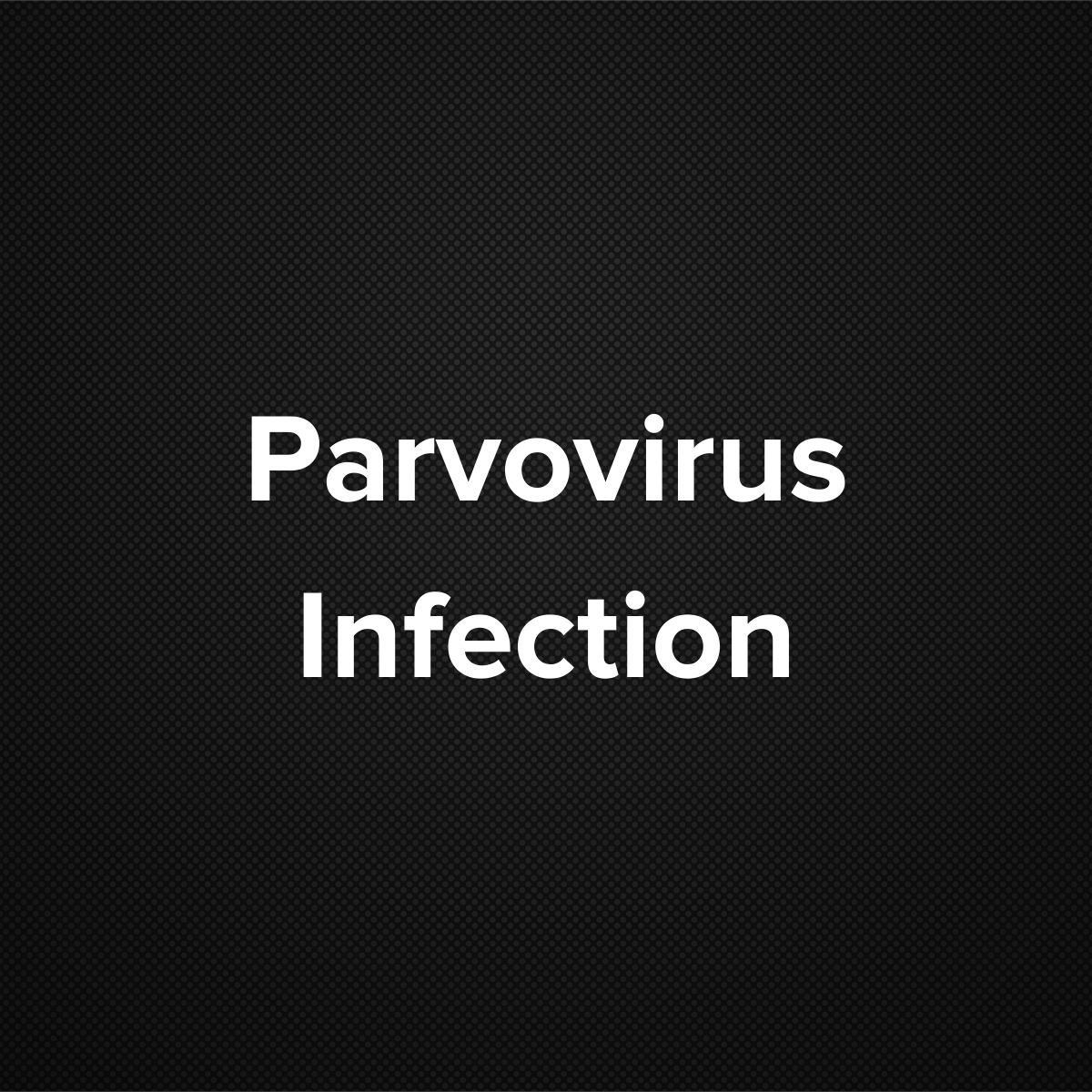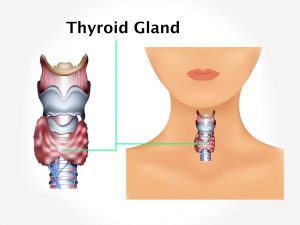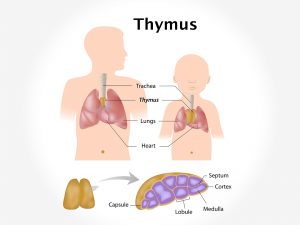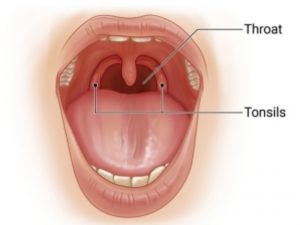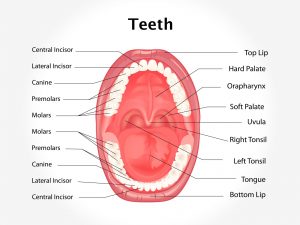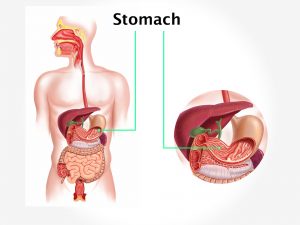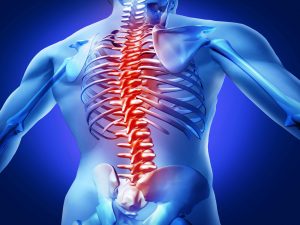Causes and risk factors
Children are commonly affected. The infection is transmitted by person to person contact, respiratory droplets, fomites, blood transfusion. It can be also passed from mother to foetus. Children, adults with immunocompromised disease, anaemia, pregnant women are at risk of getting parvovirus infection.
Clinical presentation
Infection begins with complaints like fever, malaise, headache, sore throat, gastric complaints, itching. It is followed by a diffuse maculopapular rash on face, especially both cheeks. The rash become erythmatous and itching develops.
Investigation
Medical history by the patient and Clinical examination by the doctor helps in diagnosis. Routine blood tests are done for further evaluation.
Treatment
No treatment is required in mild cases. Symptomatic treatment is advised. Intravenous immunoglobulin therapy is being found effective to treat parvovirus infection. People with anaemia should be hospitalised for blood transfusion.
Other Modes of treatment
The other modes of treatment can also be effective in treating parvovirus infection.
Homoeopathy is a science which deals with individualization considers a person in a holistic way. This science can be helpful in combating the symptoms. Similarly the ayurvedic system of medicine which uses herbal medicines and synthetic derivates are also found to be effective in treating parvovirus infection.
